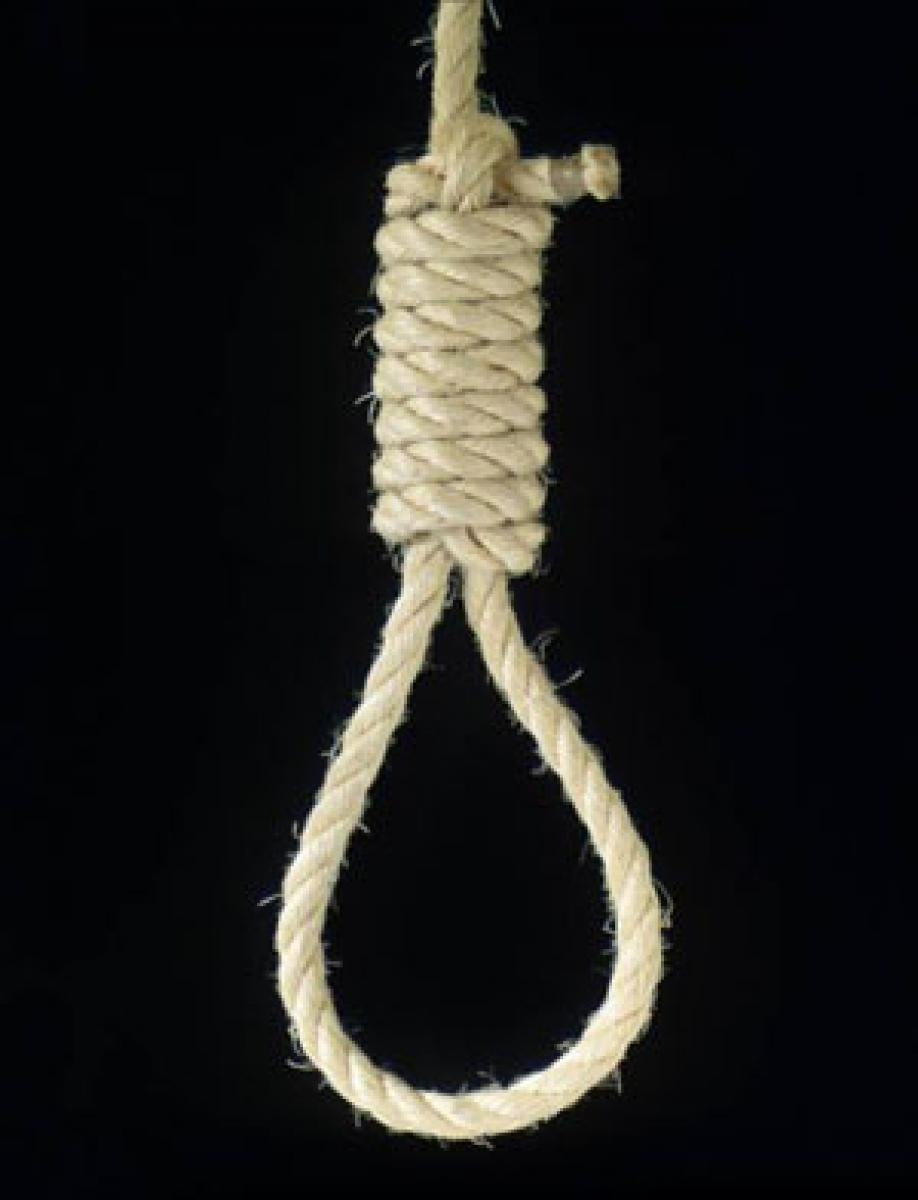Live
- First Impressions and Unboxing of the MacBook Pro M4: A Powerhouse for Professionals and Creators
- China Gears Up for Potential Trade War Amid Trump’s Tariff Threats
- Small Farmers Gain Less by Selling to Supermarkets: Study Reveals
- Why Despite the Controversy, America Is Anticipating the Mike Tyson vs. Jake Paul Fight
- Sanju Samson and Tilak Varma Shine: Record-Breaking Feats in 4th T20I Against South Africa
- India Urges $1.3 Trillion Annual Climate Support for Developing Nations
- Bad air: 106 shuttle buses, 60 extra Metro trips planned to make Delhiites give up cars
- WHO reports declining monkeypox cases in Congo
- CM Attends Kotideepotsavam on Kartika Purnima
- PKL Season 11: Raiding trio of Devank, Ayan, Sandeep help Patna Pirates rout Bengal Warriorz





.jpg) The Supreme Court on Wednesday refused to stop the hanging of 1993 Mumbai blasts convict Yakub Memon and said he shall hang to death at 7 am on Thursday unless the President accedes to his fresh plea for mercy. As an established rule,
The Supreme Court on Wednesday refused to stop the hanging of 1993 Mumbai blasts convict Yakub Memon and said he shall hang to death at 7 am on Thursday unless the President accedes to his fresh plea for mercy. As an established rule, 



